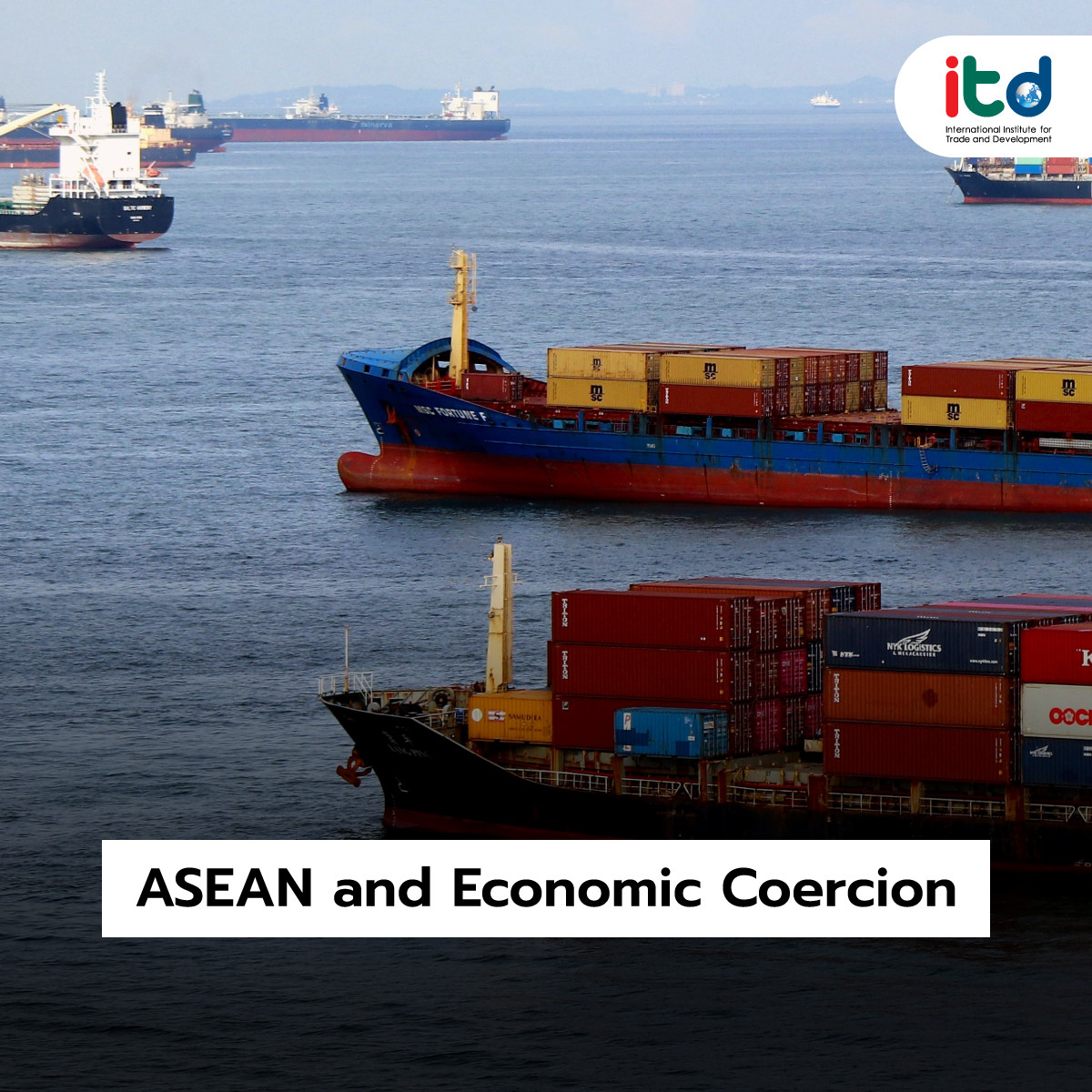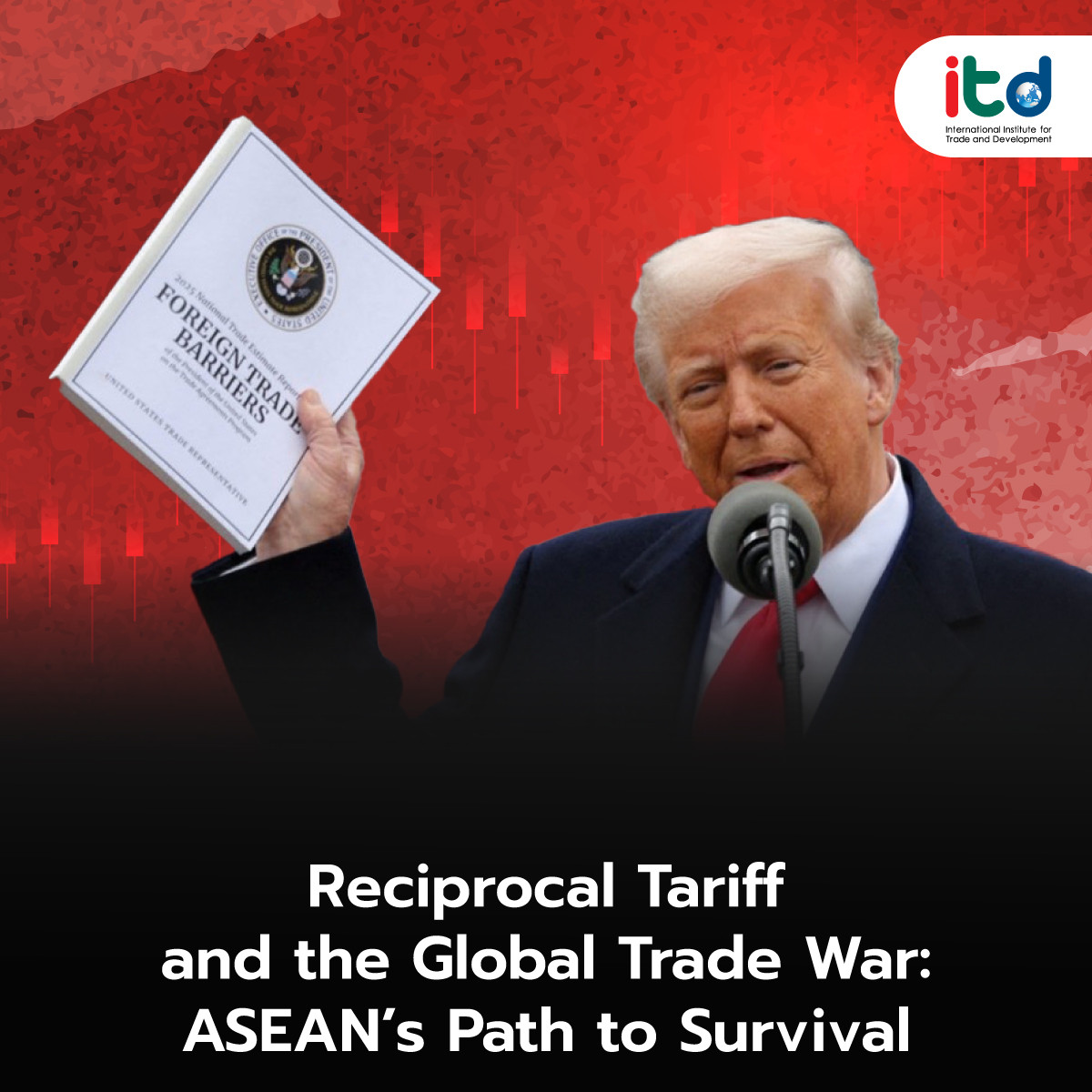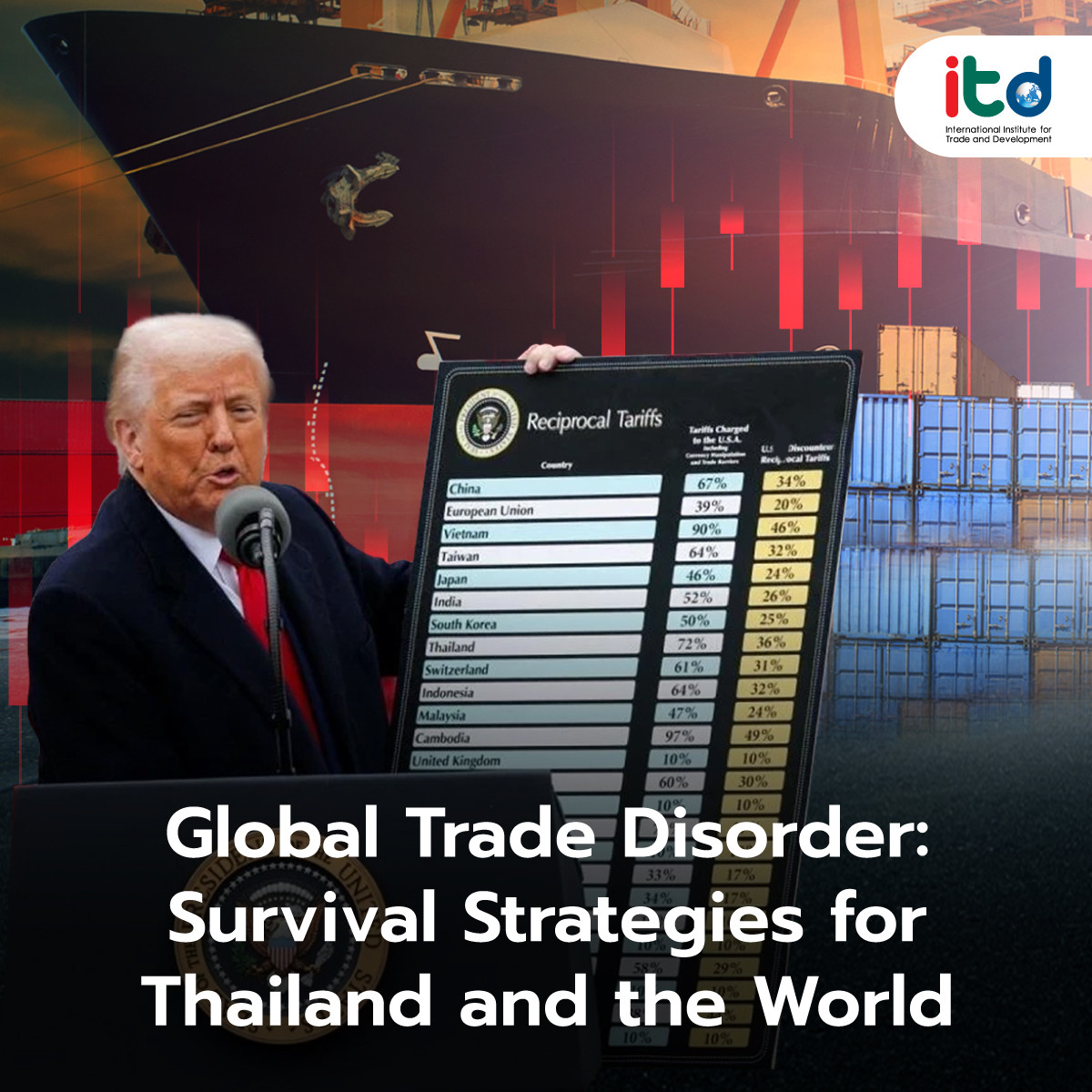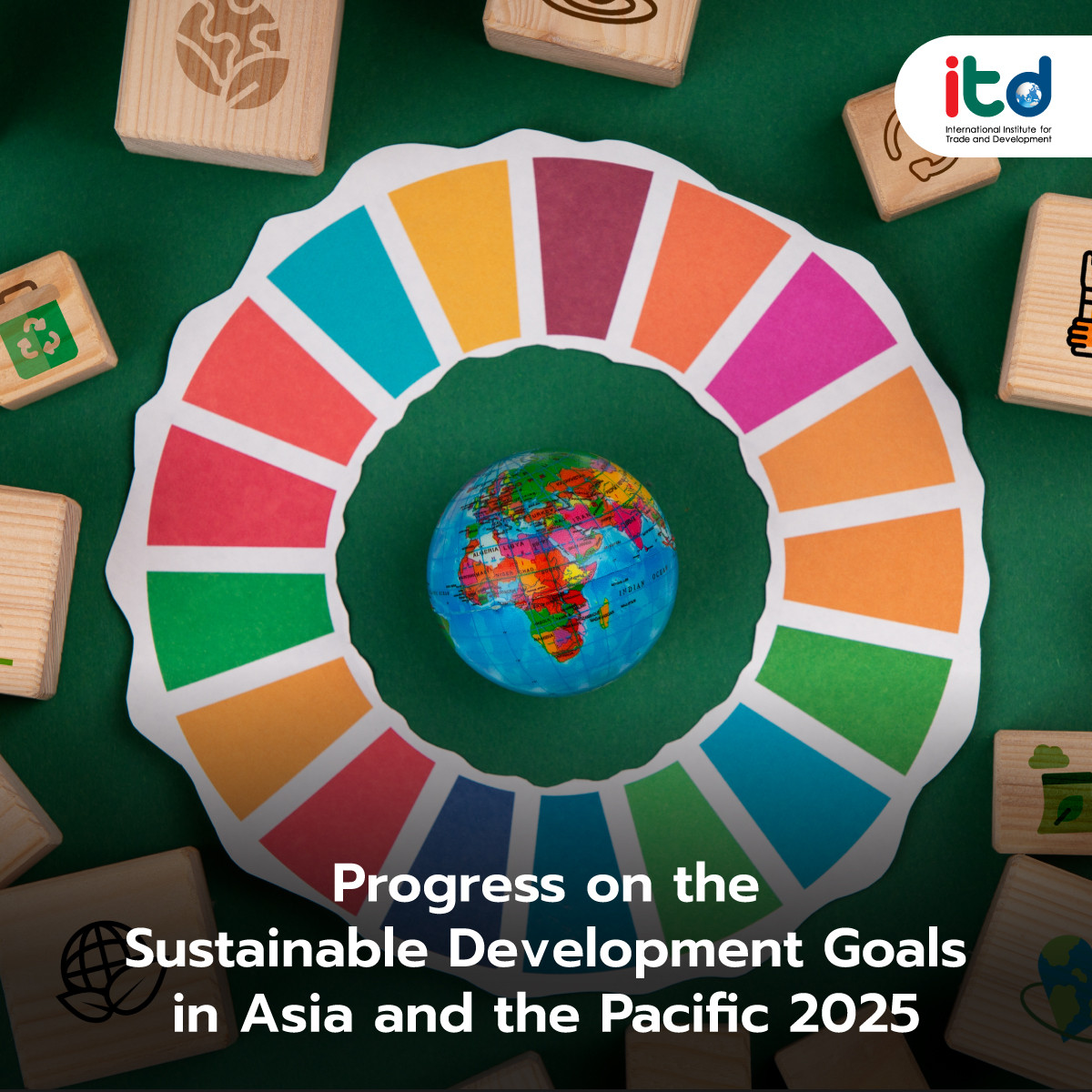About Documents
The tension from the trade war between the United States and China seems to have eased, economic coercion is one of the mechanisms in trade wars. Currently, several countries have a perception of economic coercion as a “threat” to national security.
Economic coercion includes various economic measures that differ from diplomatic or military methods but are aimed at shaping economic policies, trade, or investments to have a direct impact on the target countries. Examples include economic sanctions, boycotts, bans on the export of certain goods, or restrictions on shipping in and out of ports.
Some countries have recently used these measures as mechanisms in international trade, leading to disruptions in global supply chains. In the last few months, major economies around the world have started seeking countermeasures to resolve the economic coercion.
The Group of Seven (G7), composed of leading industrialized countries – the United States, Canada, Germany, Italy, France, Japan, and the European Union – emphasized the importance of seeking joint measures among member countries and partners to counter the use of economic coercion as a trade mechanism. They established the “Coordination Platform on Economic Coercion” (CPEC) to facilitate rapid information sharing, joint assessments, early warnings, joint response strategies, and the formulation of appropriate response measures under international law to mitigate the impact of economic coercion policies by any country.
In October 2023, the European Union (EU) passed the Anti-Coercion Instrument (ACI) to create a mechanism to intervene in EU policy if any country uses economic coercion policies that affect the EU’s economy, including trade and investment. The European Commission can investigate and report on the economic and trade impact on EU member states and propose corrective or encounter measures to the EU Parliament.
Currently, economic coercion measures that have occurred in the Asia-Pacific region have not directly targeted ASEAN member states as they have in cases like Australia and Korea. However, some ASEAN countries have begun to face such problems. For example, in September 2023, Viet Nam was unable to export shrimp across its borders due to import restrictions imposed by the destination country, resulting in significant economic losses, etc. Amid the instability of the global political and economic landscape, which is susceptible to volatility, it is time for ASEAN as a regional cooperative organization to consider how to deal with economic coercion. ASEAN may need to take a more proactive approach to manage its relations with dialogue partners and strengthen regional supply chains to sustain economic stability collectively.
Author:
Mr. Khobtham Neelapaichit
Senior Researcher
International Institute for Trade and Development (Public Organization)
www.itd.or.th
Publication: Bangkok BIZ Newspaper
Section: First Section/World Beat
Volume: 37 Issue:12526
Date: Wednesday, December 6, 2023
Page: 8 (bottom)
Column: “Insight ASEAN”






